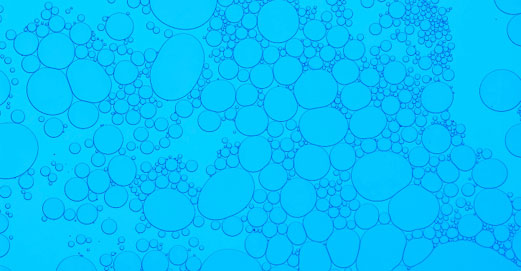


Stem Cell Treatment for Autoimmune Conditions
Stem Cell Therapy Institute offers treatment for various autoimmune conditions including lupus, rheumatoid arthritis, fibromyalgia and asthma. The therapy is carried out with adipose-derived stem cells that are harvested from the patient's own body. Stem Cell Therapy Institute prides itself on maintaining the highest standards in health care and investigative research at all times.
Adipose derived Stem Cells in Autoimmune Disease
Autoimmune diseases afflict more than 3% of the US population. Advanced disease is associated with high complications rate and mortality.
Adipose tissue is an accessible, abundant and reliable site for the isolation of adult stem cells suitable for tissue engineering and regenerative medicine applications. Another interesting characteristic of adipose tissue derived stem cells is their ability to mobilize to areas of tissue injury.
Patient-derived autologous stem cells present a safe option for autoimmune conditions treatment, since these will not induce immune rejection and thus multiple treatments are possible without any risk for allogenic ( cells from humans donors) sensitization.
Therapeutic options, including autoimmune hearing loss, multiple sclerosis, polymyotitis, atopic dermatitis and rheumatoid arthritis. Adipose derived stem cells( ADSC) are immune regulatory and potentially suitable to treat immune-related diseases.
Bone marrow stem cells ( BMMSC) from the patient is an invasive procedure that yields only low numbers of cells (about 1?10 per 1×105 or 0.0001?0.01% of all Bone Marrow nucleated cells), requiring high expansion rates. Furthermore, the therapeutic potential of BMMSCs may be diminished with increasing donor age and is associated with declining differentiation capacity and reduced vitality in vitro. ADSC from older persons are applicable for autologous therapy and are comparable to those derived from young donors. ADSC are immune regulatory and potentially suitable to treat immune-related diseases.
Asthma treatment with Stem Cell Therapy
Asthma is a condition affecting the airways. It is inflammatory and causes wheezing attacks, shortness of breath, coughing and chest tightness. As the airways become inflamed the air passage lining swells up and the muscles around the airways tighten. There are certain allergens that can trigger asthma in sensitive people, such as dust, animals, chemicals in food or in the air, cold weather, pollen, the common cold, tobacco smoke, exercise, mold, stress or nonsteroidal anti-inflammatory drugs (NSAIDs) such as aspirin. People who have asthma often have accompanying allergies like eczema or hay fever.
Asthma symptoms present themselves during asthma attacks. They include coughing with or without phlegm production, shortness of breath that worsens during exercise, wheezing, and intercostal retractions, which is when the skin between the ribs pulls in during breathing.
Asthma stem cell therapy makes use of autologous adult stem cells, which come from the patient's own body. There is little to no possibility of a patient's body rejecting the stem cells because of this technique.
The adult autologous stem cells come from the patient's fat, or adipose tissue. Adipose tissue extraction is easier to perform than bone marrow extraction as the tissue can yield up to ten times more stem cells. Bone marrow extraction is also a more difficult procedure to navigate.
An innovative therapeutic endovascular placement of adipose-derived adult autologous stem cells is targeted as close as possible to the treatable organ or tissues. A specialized catheterization technique is used which is not invasive, nor does it pose much of a challenge for the patient. Stem cells can be applied throughout the body, there is no anesthesia used and it is carried out in under an hour.
